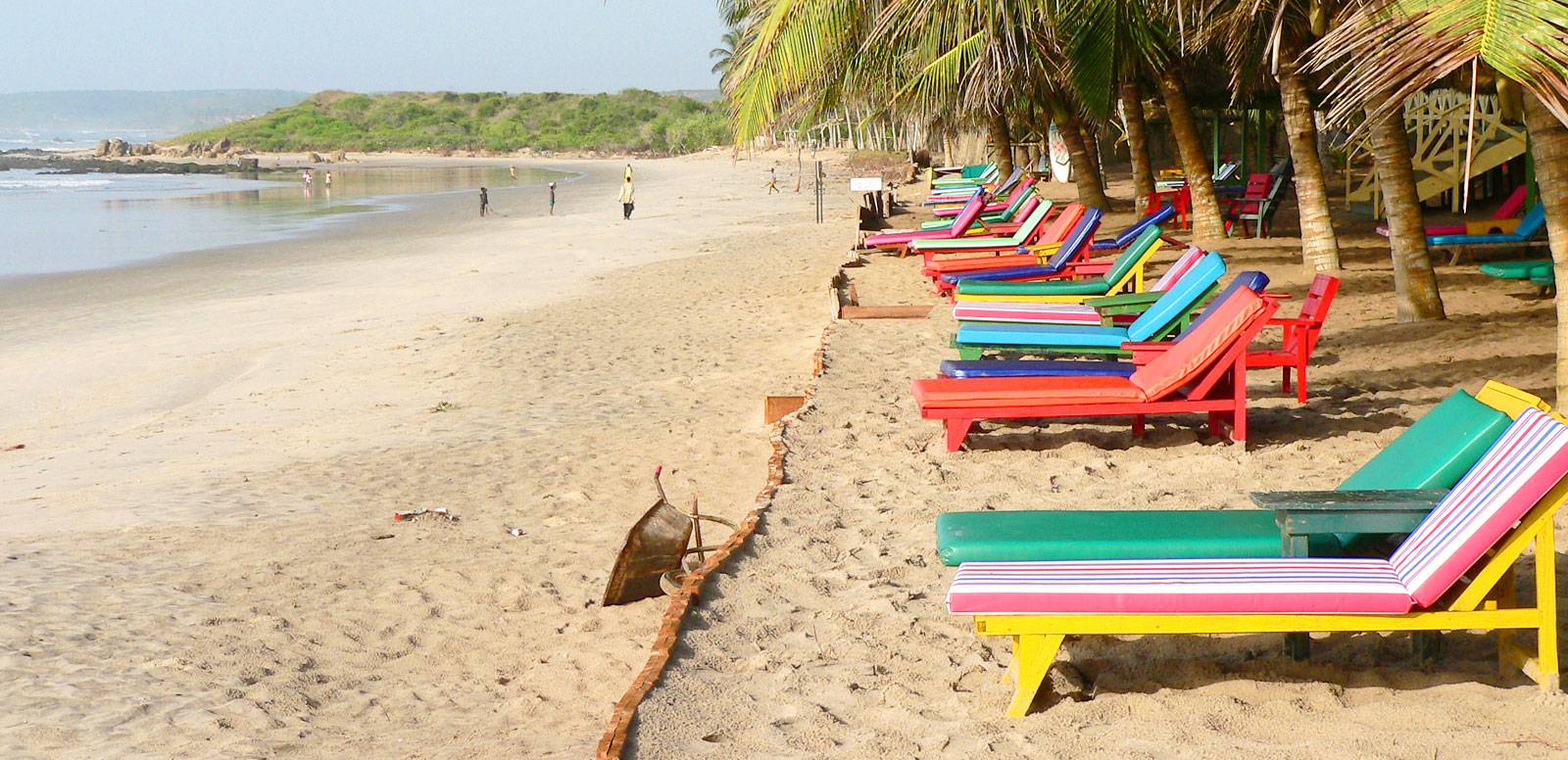Ghana features a diverse economy, a strong and sturdy democratic tradition, and many of the natural and cultural highlights for which the continent has become known. National parks represent some of the main attractions in Ghana, with a diverse array of wildlife to be seen, including lions, monkeys, elephants, and birds. Forts dating back to the slave era act as focal points for explorations of the coast and help to connect the country to important points in global history
Things to know before visit Ghana
Ghana has tropical climate with soaring temperatures. In the north it is dry and hot while in the south-west it is humid and hot. The rainy season is between March and November in the north and in the south it is between April and mid-November.
The capital city of Ghana is a fine mix of modernity seen in its buildings and traditional architecture that comes alive through its castles and market places. While at Accra, a must see is the National museum, Makola market, James fort, Christianborg castle and the Kwame Nkrumah Memorial Park, named after the first President of Ghana who liberated the country from colonial rule in 1957. Accra also boasts of some serene beaches where you can spend leisurely time such as Kokrobite and Busua. No visit to Accra is complete without seeing the Cape Coast Castle. Built during the 17th century it is one of the important landmark’s of the capital.
Ghana does not offer a wide variety of wildlife as seen in Kenya or South Africa but still it is home the giant elephants, monkeys, warthogs, antelopes and water bucks. There are about 90 species of mammals that live in this natural habitat, making it come alive. There are daily walking as well as jeep safaris organized here on a daily basis.
A dense tropical rain forest, Kakum is situated in south Ghana and is home to over 40 species of animals including the giant elephant, Mona-meerkats, forest buffalo and civets. You can also see over 250 species of birds in this region. A highlight in this area is a walk on the Canopy Walkway. It gives a fantastic view of the wide range of wildlife and flora in the area.
With a unique distinction of being the largest man-made lake in the world, Lake Volta offers ferries taking passengers along the length of the lake. It is a one day voyage showing the natural beauty of the place along with the rich wildlife and birds that thrive in the region.
Former capital of Ashanti Kingdom in South-central Ghana, Kumasi is the second largest city in the country. Popular for its artisans and their intricately carved gold jewelry, Kente cloth and wooden carved stools, it is a shopper’s paradise. The bustling market of Kejetia is a must see, selling varied artifacts and handicrafts of the country. To know more about the culture and history of the Ashanti Kings, a visit to the Manhyia Palace Museum is a must.
Travel Advisory: For the latest information and advice on safety and entry requirements please consult your travel agent well in advance of your departure and visit the following government website:
Department of Foreign affairs and trade www.dfat.gov.au
Smart Traveler website www.smartraveler.gov.au
Electricity: While traveling to Ghana it is advisable to carry an international power plug adapter. The standard frequency is 50 Hz and standard voltage is 230 V so incase it is the same in your country then you can easily use your electric appliances.

